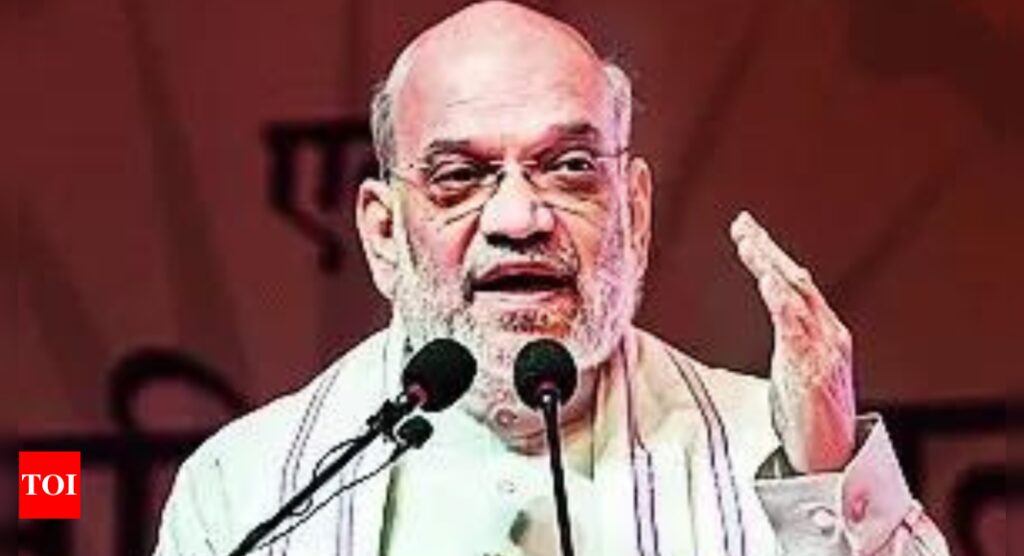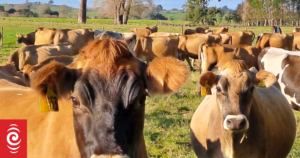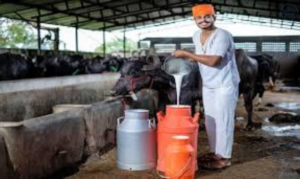
NEW DELHI: Aiming to further strengthen the cooperative movement
White Revolution 2.0 to transform the dairy sector and standard operating procedures (SOP) for nationwide rollout of ‘cooperation among cooperatives’ campaign.
Besides, he will also launch guidelines on formation and strengthening of 2 lakh new multi-purpose Primary Agriculture Credit Societies
(M-PACS), and primary dairy and fishery cooperative societies in villages/panchayats which have, so far, remained uncovered.
Under White Revolution 2.0, the target of milk procurement by dairy cooperative societies will be increased by 50% from the present level over the next five years by providing market access to dairy farmers in uncovered villages/ panchayats and increasing the share of the organised sector in milk procurement. The initiative includes setting up and strengthening of one lakh new/ existing district cooperative societies, multi-purpose district cooperative societies, and M-PACS.
“Providing enabling infrastructure e.g. AMCU (Automatic Milk Collection Unit), DPMCU (Data Processing Milk Collection Units), testing equipment, Bulk Milk Coolers, etc., will be the key component of the initiative ,” said the official.
Initially, this initiative will be funded by National Dairy Development Board
(NDDB) from their own resources by providing assistance of Rs 40,000 per M-PACS to 1,000 M-PACS and subsequently from the proposed National Programme for Dairy Development 2.0 scheme of department of animal husbandry and dairying (DAHD).
“This will strengthen the entire milk value chain. The initiatives will help in developing the sector and increasing milk production to meet the domestic demand and also tap the export potential,” said the official.
The ‘cooperation among cooperatives’ initiative has three key components including distribution of Rupay – Kisan Credit Cards to dairy farmers, distribution of micro-ATM to dairy cooperatives and opening of the account of the cooperative societies and their members in cooperative banks.
“Its SOP has been finalised on the basis of experiences gained in pilot projects in Panchmahal and Banaskantha districts of Gujarat,” said a cooperation ministry official.
Referring to the move of opening the account of the cooperative societies and their members in cooperative banks, he said, “This will ensure that money of the cooperative sector remains in the cooperative banking system, leading to an enhanced corpus of deposits in the cooperative banks. This will, in turn, empower cooperative banks to lend more money to the cooperative sector at affordable interest rates, leading to enhanced economic activities in the sector.”





